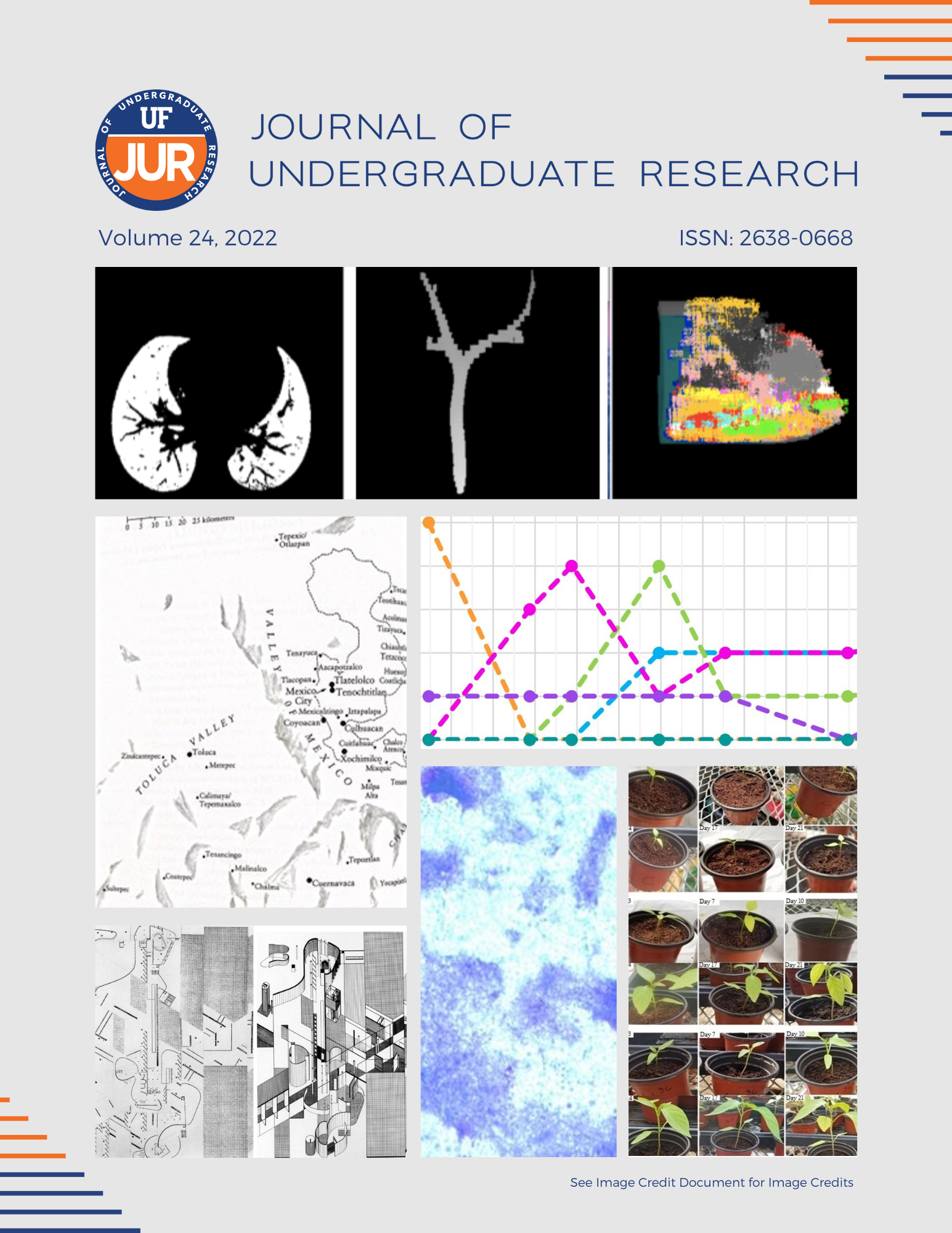Long term monitoring of actions and outcomes: Improving and streamlining learning from Longleaf pine restorations at Morningside Nature Center
DOI:
https://doi.org/10.32473/ufjur.24.130799Keywords:
longleaf pine, ecological monitoring, ecological restorationAbstract
The restoration of natural ecosystems relies on the feedback received from monitoring programs which take long-term data on the health of an ecosystem. In this study, the monitoring program of a longleaf pine ecosystem in north central Florida is reviewed and revised. This revision was based on contact with park managers and the analysis of existing data with the goal of improving the restoration program’s effectiveness. Analysis of existing data revealed the present limited ability to draw conclusions due to the temporal limitations of the data set. To address this shortcoming, photo point data from prior years was converted into a data set that is complementary to the monitoring protocol. As part of the protocol revision, the photo point data collection was also added to the monitoring protocol. The findings illustrate the importance of maintaining and continuing monitoring programs due to the value of long-term data for assessing changes in an ecosystem over time. In addition, future data collections will yield more useful feedback as a result of improvements made to the protocol. The design of a monitoring program must be closely linked to the specifics of the restoration program intended to be studied. This study provides an account of this process to be referenced during the revision of similar monitoring programs.
Downloads
Published
Issue
Section
License
Copyright (c) 2022 Alexandra Matys

This work is licensed under a Creative Commons Attribution-NonCommercial 4.0 International License.
Some journals stipulate that submitted articles cannot be under consideration for publication or published in another journal. The student-author and mentor have the option of determining which journal the paper will be submitted to first. UF JUR accepts papers that have been published in other journals or might be published in the future. It is the responsibility of the student-author and mentor to determine whether another journal will accept a paper that has been published in UF JUR.

